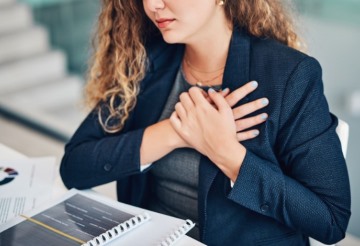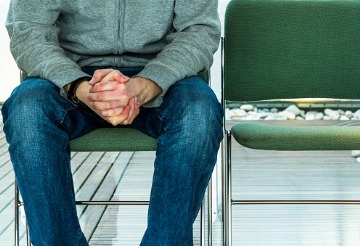Treatment for agoraphobia
Our expert treatment teams at Priory have lots of clinical expertise and experience when it comes to treating agoraphobia. We can deliver a range of therapeutic techniques to help you tackle your agoraphobia symptoms. We ensure that all treatment is tailored to you, in order to produce the best possible outcomes for you as an individual.
Our highly therapeutic, compassionate and supportive treatment environments provide you with the ideal setting to address your challenges, develop healthy coping mechanisms, and achieve recovery.
It's important to recognise that without specialist support, your agoraphobia may get worse over time and can continue to have a negative impact on numerous areas of your life. It can affect your relationships with others, your performance at work or school, and your ability to function effectively on a day-to-day basis.
While getting help can be daunting, it's the most crucial step you can take to overcome your agoraphobia and regain control of your life.
Experts in agoraphobia treatment at Priory
Our specialist treatment teams will teach you effective coping mechanisms to help you to manage agoraphobia, understand the underlying causes of your challenges, gain increased self-awareness, and return to a positive way of life.
We can deliver agoraphobia treatment in an outpatient, day care or inpatient capacity, depending on the intensity of the support you need.
In addition, our national network of specialist hospitals and wellbeing centres means we can offer you the support you need in a location that's convenient for you, and in a way that can be flexible around your existing commitments.










